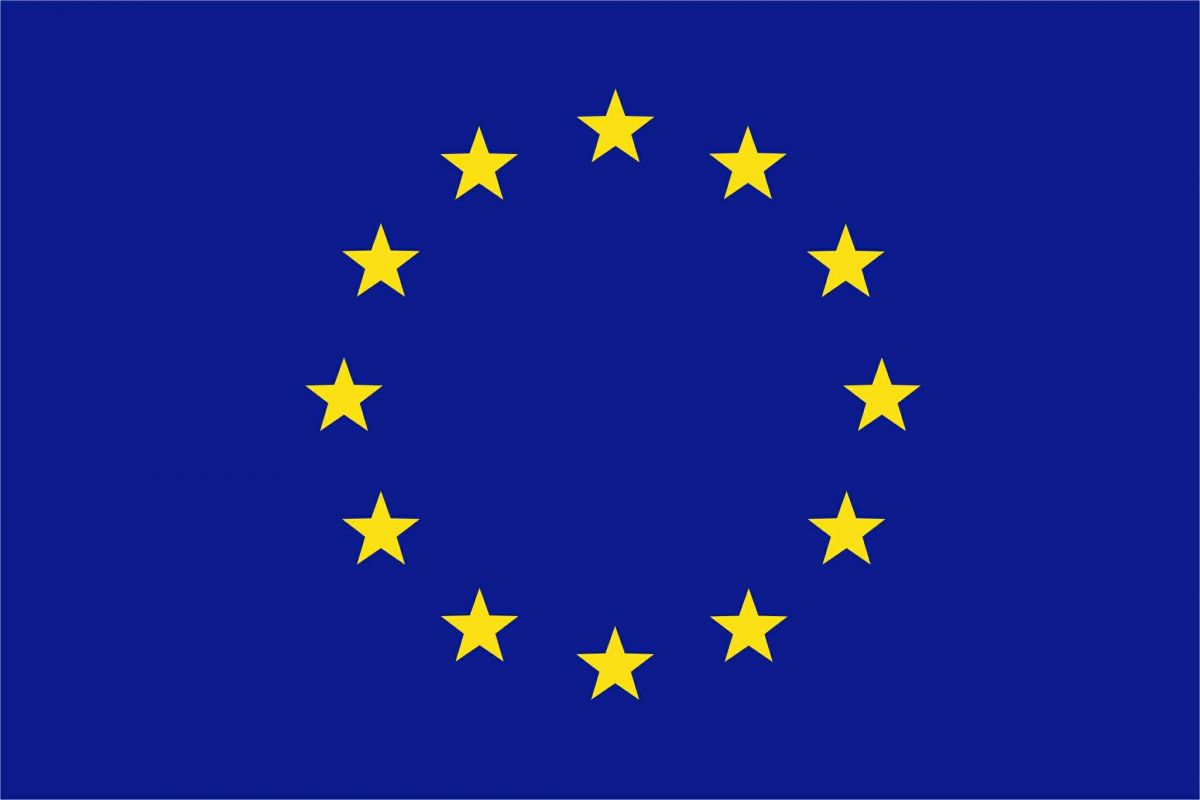Program Description
The computing and digital revolutions have created new tools and capabilities that are challenging the liberal world order. If the Cold War was an era of static state superpowers, modern computing gives not only developed states but even a moderately trained rebel group their own superpowers: to teleport their presence around the globe, move vast sums of money instantly, and make evidence vanish. From Wikileaks to the hacking of elections, headlines across the democratic world have highlighted transnational cyber-enabled crime, violence and polarization. The goal of this workshop is to bring scholars together from a variety of backgrounds to discuss whether current concepts and theories are sufficient to suggest solutions to these cyber dilemmas, particularly for open liberal democracies. Topics would include current and emerging cyber security challenges like hacking, election manipulation and disinformation, cyber crime, online radicalization, as well as topics related to domestic and international trust and distrust, including intelligence cooperation, surveillance, repression, leaking and whistle-blowing, evolving alliance commitments and rivalries. One cross-cutting theme that will be of particular interest is how the tools and technologies maintained by international cooperation and liberal societies, such as the internet, open source software and free social media, are being used to undercut governance and bipartisanship; and what can be done about it.
AGENDA
Thursday, July 19, 2018
William Pitt Union, Lower Lounge
9:15 a.m.
Welcome and Opening Remarks
9:30 a.m.
Anita Gohdes, University of Zurich, "The power of platforms: social media architecture, algorithms, and design in the context of contentious politics"
10:15 a.m.
Jim Walsh, UNC-Charlotte, "Autonomy, Credit and Blame"
11:30 a.m.
Baekkwan Park, University of Pittsburgh, "Conflict of Interest Editing on Wikipedia"
1:30 p.m.
Madelyn Sanfilippo, NYU, “Sociotechnical polycentric governance of cybersecurity”
2:15 p.m.
Mark Crescenzi, UNC-Chapel Hill, “Blockchain Accounting as a Mechanism for Trust and Reputation Building in International Relations”
3:30 p.m.
Nils Weidmann, University of Konstanz, "Politics with Digital Means: Denial-of-Service Attacks in Non-democratic Regime"
Friday, July 20, 2018
156 Cathedral of Learning, Croghan-Schenley Room
9:30 a.m.
Setting the Agenda
9:45 a.m.
Michael Colaresi, University of Pittsburgh, “Building Democratic Resilience to Adversarial Digital Disinformation Campaigns Across NATO Members and Partners”
11:00 a.m.
Planning and Next Steps
12:00 p.m.
Adjourn
Attendees
Michael Colaresi, University of Pittsburgh; mcolaresi@pitt.edu
Lorrie Cranor, Carnegie Mellon University; lorrie@cs.cmu.edu
Mark Crescenzi, University of North Carolina at Chapel Hill; crescenzi@unc.edu
Anita Gohdes, University of Zurich; gohdes@ipz.uzh.ch
Prashant Krishnamurthy, University of Pittsburgh; prashk@pitt.edu
Yu-Ru Lin, University of Pittsburgh; yuruliny@gmail.com
Michael Madison, University of Pittsburgh; madison@pitt.edu
Baekkwan Park, University of Pittsburgh; baekkwan.park@gmail.com
Michael Poznansky, University of Pittsburgh; poznansky@pitt.edu
Madelyn Sanfilippo, New York University; mrs771@nyu.edu
Burcu Savun, University of Pittsburgh; burcu@pitt.edu
William Spaniel, University of Pittsburgh; williamspaniel@pitt.edu
Jae-Jae Spoon, University of Pittsburgh; spoonj@pitt.edu
James Walsh, University of North Carolina at Charlotte; jwalsh@uncc.edu
Nils Weidmann, University of Konstanz; nils.weidmann@uni-konstanz.de
Jon Woon, University of Pittsburgh; woon@pitt.edu
 The organizers are grateful for generous funding by Pitt Cyber Institute, Dietrich School of Arts & Sciences, University of Pittsburgh, Office of the Provost, the University Center for International Studies, and the European Union through the Jean Monnet Center of Excellence Grant.
The organizers are grateful for generous funding by Pitt Cyber Institute, Dietrich School of Arts & Sciences, University of Pittsburgh, Office of the Provost, the University Center for International Studies, and the European Union through the Jean Monnet Center of Excellence Grant.
Public welcome, but space is limited. Please contact Iris Matijevic, irm24@pitt.edu, to indicate your interst in attending.

